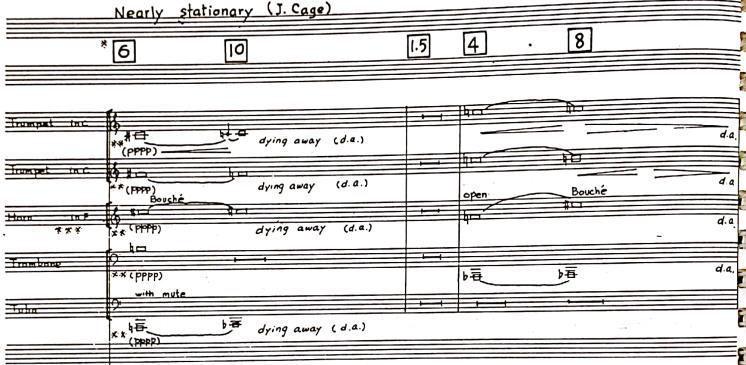THE BEGINNINGS OF THE MAMAIA FESTIVAL OCTAVIAN URSULESCU ROMANIAN COMPOSERS AND MUSICOLOGISTS’ SOCIETY ABSTRACT: In 1963, the Romanian Composers and Musicologists’ Society undertook a cultural forum to organize a national festival of pop music, following the model of Sanremo (very popular in our country, as well as all Italian pop music). Actually, it was discovered that in the first editions each song was presented in two versions, until 1970 there was only a Creation contest, dedicated to composers. The first edition coincided with the inauguration of the Summer Theater in the tourist resort of Mamaia, on the shores of the Black Sea, a theater that was originally called „Ovid”, after the poet exiled from Rome on the shores of Pontus Euxinus. At the beginning, only the leading composers signed up, the most famous, reputed, younger creators only appearing along the way. The same situation was registered at the level of performances, the songs in the contest being entrusted only to the stars in great vogue at the time. The accompaniment was provided by the best orchestras, with the best conductors of the moment, the Radio and Television Orchestra – conductor Sile Dinicu, and the Electrecord Record House Orchestra – conductor Alexandru Imre. Later, combo-type groups appeared, in a smaller formula, especially for the recitals moments that were introduced outside the competition. The Mamaia Festival is the most important page in the history of Romanian pop music; it was interrupted several times, mainly for political reasons, the last time in 2012 – until today not being resumed.
KEYWORDS: MAMAIA, FESTIVAL, FLACĂRA IN FEBRUARY 1963, a debate took place at the Music Council, at the State Committee for Culture and Art, as the current Ministry of Culture was then called. At the proposal of the representatives of the Union of Composers and Musicologists of Romania, it was decided to launch a festival and a pop music contest, in order to encourage and promote the original creation. The term used in our country, „light music”, was also found in other languages until recently, the former „light music” being today more and more replaced with „pop music” – in the US music rankings can be found the category „AC” (adult contemporary). But the terminology is less important, because let's not forget that George Enescu expressed himself sharply: „There is no hard and light music, only good or bad music!”. In fact, over the years, especially in the years when the Festival enjoyed great official recognition, the juries were led not once by the presidents of the Romanian Composers and Musicologists’ Society – Ion Dumitrescu, Nicolae Cǎlinoiu, Pascal Bentoiu, Adrian Iorgulescu, along with them taking place in the jury box recognized personalities of cult music: Arta Florescu (held the title of Artist of the People, now missing), Elvira Cârje, Georgeta Stoleriu, Cornel Trăilescu, Luminița Vartolomei, Petre Codreanu, Smaranda Oțeanu, Vasile Tomescu, Vasile Donose. Also, the works from the Festival were brought to the microphone by important voices, with performances recognized on the lyrical stages: Ludovic Spiess, Florin Georgescu, Bianca Ionescu, Dorin Teodorescu, Marcel Roșca. The beneficial intention of the musicians' guild was to continue the exceptional traditions left by the true founders of the genre, Ionel Fernic, Vasile Vasilache, Gherase Dendrino or Ion Vasilescu, whose creations are still sung today at the great musical events. Despite its popularity, but also of the genre as such, the Mamaia Festival did not have a smooth history: it was no longer organized in 1967, 1968, 1970 (a period in which certainly all efforts, creative and financial, were directed towards the first editions of the international festival „The Golden Stag” in Brașov), and between 1976 and 1983 it was interrupted (many feared a final abolition) following „bayonet” attacks from the most influential publication, including politics, from that period, the magazine „Flacăra”, led by the poet Adrian Păunescu. Here is what he wrote on August 5, 1976, immediately after the end, on July 31, of the Mamaia Festival: „We would have expected a more serious effort by composers and lyricists to include the soul life of the builders of socialism, a life so complex and not devoid of dramatic accents, of course if we think of the great action to which all people are called work. Let's not forget the idea that comrade Nicolae Ceaușescu emphasized when talking about artists, 175








